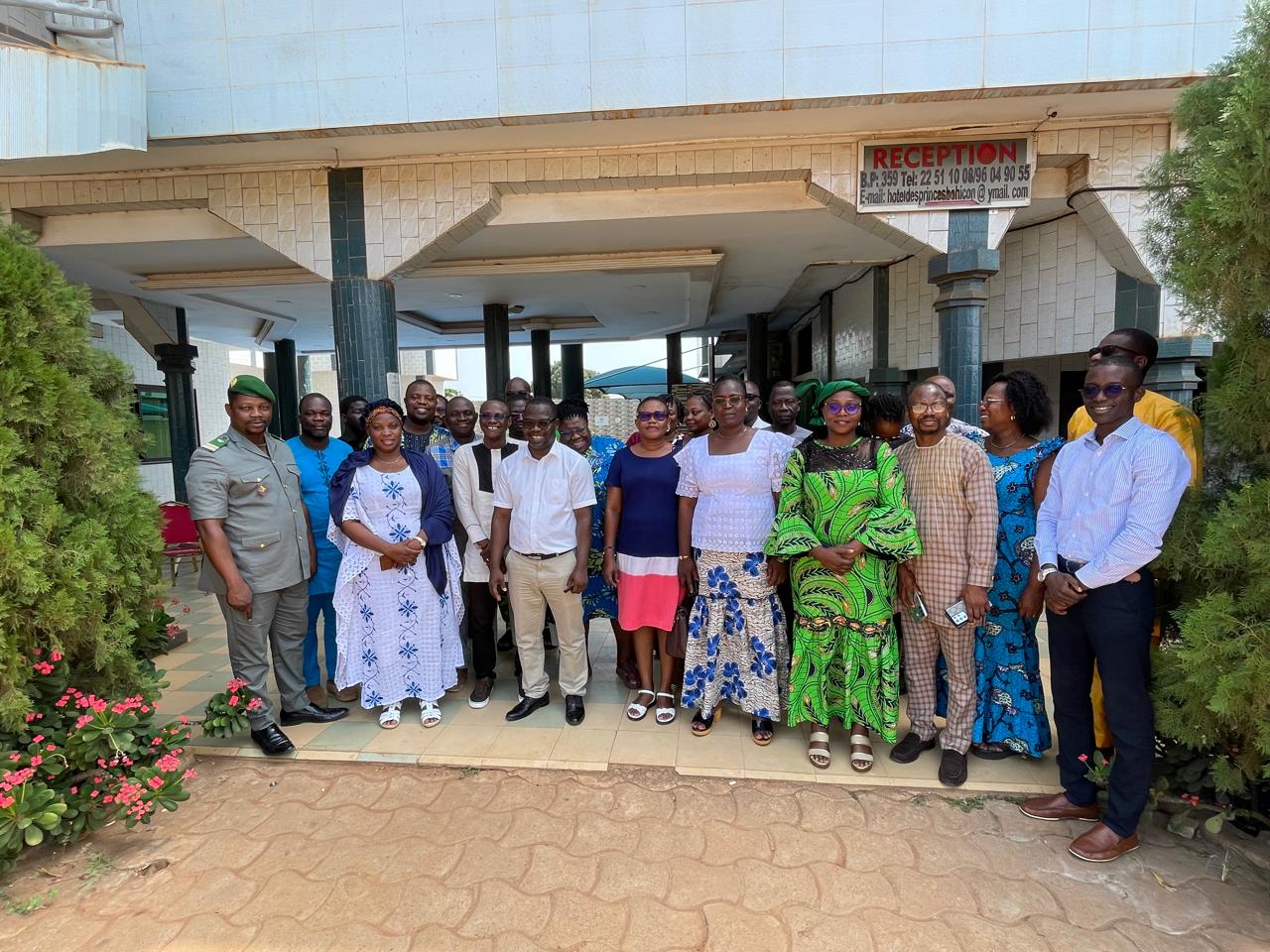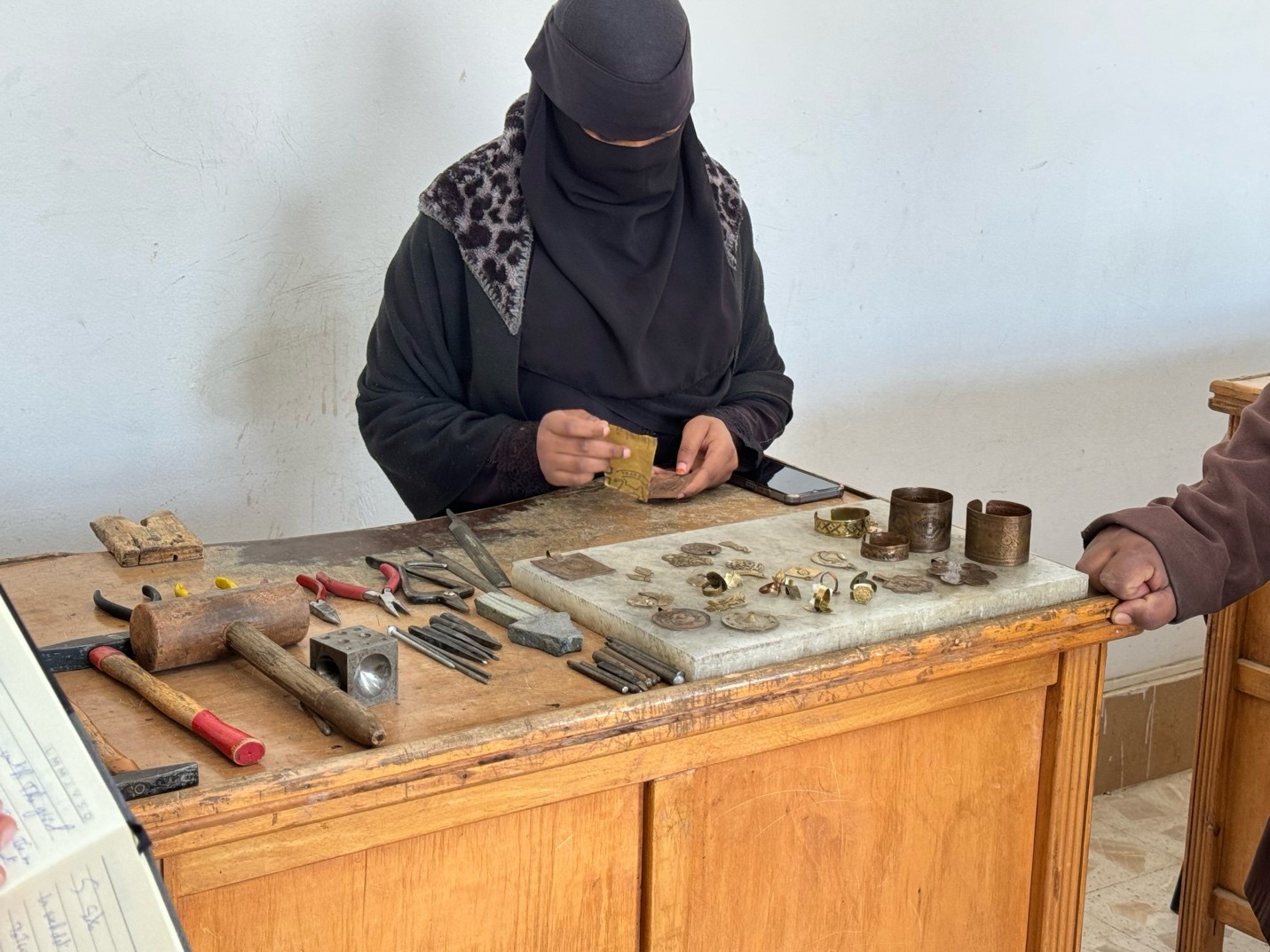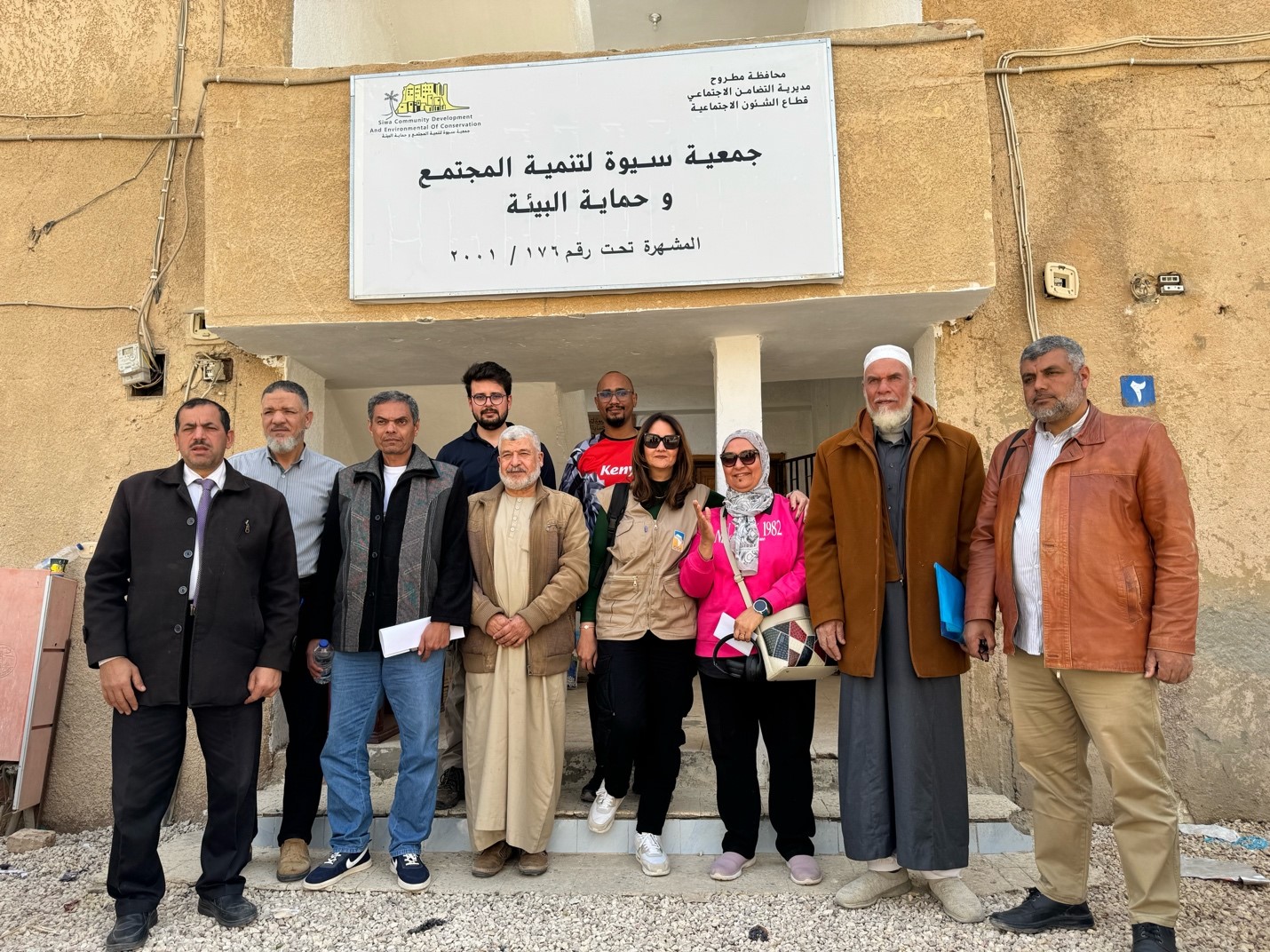
Towards Land Degradation Neutrality: Validation of New Targets for Sustainable Land Management in Benin, November 19-20, 2024
A national workshop was held on November 19-20, 2024, in Bohicon, Benin, under…














The OSS and DRC in Siwa: exchanges with the communities and solutions to promote
The OSS and DRC teams embarked on an exploratory mission in the Siwa Oasis in preparation for the upcoming project to be funded by the Adaptation Fund. During this mission, the delegation met with representatives of the local administration, namely the Siwa Town Council and community leaders with the aim of deepening the understanding of the bioclimatic zone, ecosystem dynamics and the various climate challenges ahead of the local communities.
In addition to the various interactions, the delegation visited the DRC research station in Siwa where they took knowledge of successful examples that could be leveraged and enhanced to bolster the adaptive capacities and livelihoods of the communities. The team also explored the Sustainable Development Management Centre in Marsa Matrouh to expand their holistic understanding of the region and have insights into proposed complementary interventions addressing the climate change impacts.
Discussions put special focus on the crucial role of water and the link it has with the climate change impacts. The diminishing quality of water due to agricultural activities, high soil salinity and the unsustainable management practices led to contradictory phenomena of both water scarcity and influx within the sensitive oasis ecosystem. This has resulted in different problems across the various sites of the project area, with some communities facing floods and others grappling with drought, showcasing the complexity of the oasis ecosystem.
The proposed activities, including the management of sand dune movement within the buffer zones of the Oasis, were a focal point of the discussions. Mechanical and biological solutions were explored, with the commitment to mobilize climate funds through the OSS, in collaboration with the Government of Egypt via DRC, to implement lasting solutions and support the communities.
Besides, the team had discussions with traditional leaders, village elders, smallholder farmers, animal breeders and women groups, who provided key information during the consultations and expressed their concerns, spoke of the challenges they usually face and pointed out their needs and expectations from the project. Gender disparities rooted in cultural and religious beliefs and traditions were central to discussions, offering valuable insights into the social structure and guiding the project's approach to supporting communities with adapted income-generating activities to overcome precarity and enhance resilience.
As a leading force in Africa for mobilizing climate funds, OSS leverages its resources and expertise to conduct assessments and analyses using a bottom-up approach that ensures a nuanced understanding of climate rationale, aligning with the Organization's commitment to empowering its member states and contributing to Africa's climate resilience.

A national workshop was held on November 19-20, 2024, in Bohicon, Benin, under…

The Sahara and Sahel Observatory, represented by Mohamedou Baba Sy, Director of…

The OSS side event on “Early Warning Systems: An Effective Mechanism for Climate…